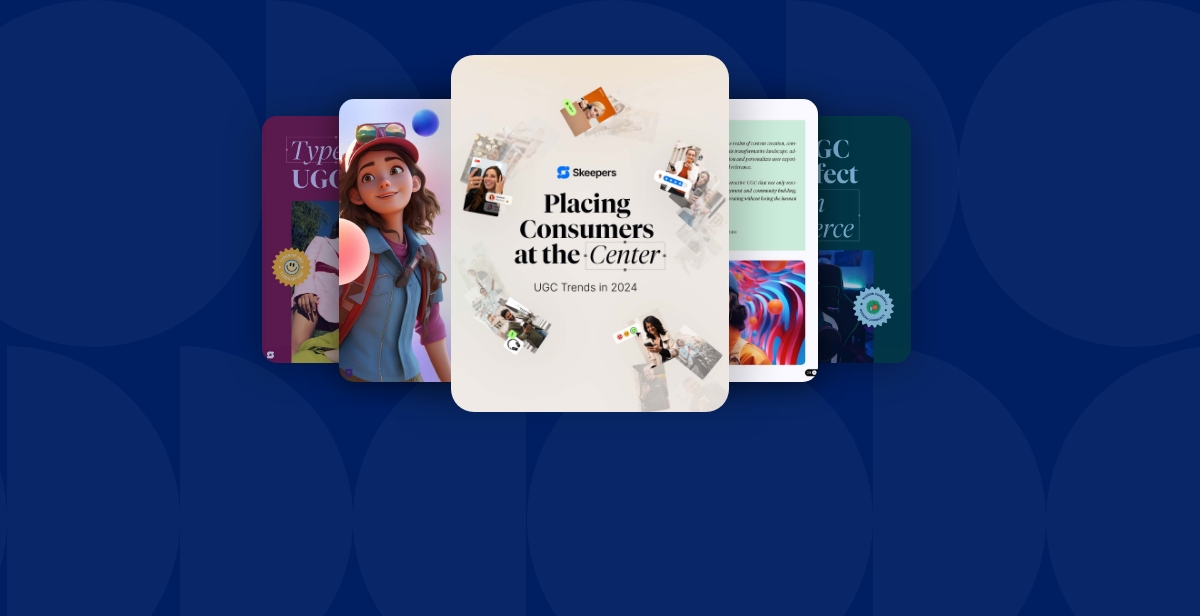We live in an age when everything about our customers can be measured, quantified, and analyzed, providing invaluable insights which can be used to improve how we interact with them. Working with knowledge about our customers, we can more quickly and efficiently implement customer-centric business strategies, whether it’s to better understand our customers’ needs, improve...
We live in an age when everything about our customers can be measured, quantified, and analyzed, providing invaluable insights which can be used to improve how we interact with them.
Working with knowledge about our customers, we can more quickly and efficiently implement customer-centric business strategies, whether it’s to better understand our customers’ needs, improve our customer service, or create more relevant, targeted marketing campaigns, all of which provide clear competitive advantages. In fact, investing time, energy, and money into developing any of these customer-first initiatives is now seen as the top priority for most business as customer experience has officially overtaken price and product as a key brand differentiator.
In today’s crowded marketplace, you must be able to differentiate yourself from the competition by consistently delivering more value to your customers in a profitable way. But to do this, the customer, not you, must be at the center of all actions. If they aren’t, you will suffer from both a loss of competitive advantage and revenue, a reality made clear in a recent study of 269 companies which compared customer-centric and non-customer centric companies: on average, the former experienced a 30% higher customer retention rate and a 55% increase in revenue.
The need to build close, lasting relations with your customers has never been more important. But how do you make it happen?
Feedback Surveys Work!
A customer satisfaction survey is an especially invaluable tool, magnifying your strengths and weaknesses, areas to emphasize and focus on in order to make your customers happier. Business insiders agree that gathering actionable customer feedback is essential for maintaining lasting customer relationships:
- 71% of nearly 200 senior marketing managers find a customer satisfaction metric very useful in managing and monitoring their overall businesses performance.
- Increased investment in customer satisfaction resulted in higher referral rates and overall satisfaction for 860 businesses that regularly solicit customer feedback.
- Poor customer service, not price, is the reason for more than half of all customer churn. Customer want to know they are being heard, with 55% admitting they are not likely to continue being a customer if a company ignores their feedback.
These businesses understand the key to building strong customer relationships is listening. Customers expect you to understand their needs, wants, and expectations, and how well you do this will determine the value of your customer experience.
Creating the Ultimate Feedback Survey
Whether they are delivered via email, mobile, or your online site, the questions you ask on your feedback survey can be adapted to attain information about new or repeat customers, a specific point in their buying journey, or their entire experience.
Some broad questions that you can start with include:
- “How satisfied are you?” to gather feedback about a current product or service. You can also ask the NPS Score question of “How likely are you to recommend our product/service to a friend or family member?”
- “What is your primary motivation for using our product/service?” to find out what your customers’ primary motivations are and what they are doing on your site.
- “What do you like most/least about our product?” to fine tune your marketing to promote the features customers value most.
And to gather more specific information:
- “On a scale of 1 – 5, how would you describe your experience using our product/service?” along with a quick follow up question about specific features or purchases.
- “What made you choose us over our competitors?” to gain insight into your unique strengths.
- “How would you describe our product/service to a friend or family member?” to help you design better marketing campaigns.
Regardless of the questions you ask, your goal should be two-fold: (1) provide customers with an opportunity to tell you how satisfied they are and (2) gather insights into your customers which improves your ability to attract, sell to, and prevent them from abandoning you for a competitor.
Smart Survey Benefits
Companies which can satisfy their customers’ values and needs are more likely to come out ahead. Having access to the right customer information, such as that gathered through feedback surveys, and using that information to create a meaningful customer experience is the only way to strengthen customer loyalty and establish a true mark of differentiation.
Among their benefits, surveys:
- Let you see how customers view your company’s offerings.
- Provide insights into how you compare to your competitors.
- Deliver unfiltered impressions, whether positive or not-so-positive, about your customer experiences.
- Paint a clearer picture of your customers and their changing needs and perceptions.
Any business will tell you that knowing who your customers are – and not just on a superficial or demographic level – is fundamental for business success. In depth customer knowledge gathered via feedback surveys is essential for the creation of a superior, relevant customer experience that improves not only retention and lead generation, but also bottom-line sales and revenue.








